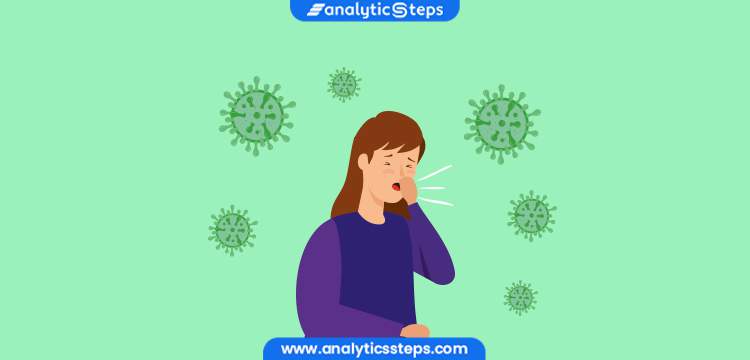Deep Learning predicts new drug combinations to combat COVID-19
Sep 23, 2021 | Shaoni Ghosh

Deep Learning belongs to Machine Learning, which again falls under the category of Artificial Intelligence. Apart from all other applications of Deep Learning, it is interesting to note that it has ushered itself even into the Healthcare Industry.
Deep Learning has not only made lives easier and productive before the pandemic, but also has helped the medical field to excel during the pandemic.
The Combat
COVID-19 poses existential danger, highlighting the urgent need for effective medicines to combat rising health concerns. Deep learning has given us the luxury of being able to change the environment as it evolves, as long as one has access to the proper data.
(Must Check: How is AI being used in the fight against COVID19?)
SARS-CoV-2 is a challenging virus to combat because it may swiftly evolve and become treatment-resistant. To find the best medication combinations to combat the virus's fast spread, the problem is being addressed by researchers at MIT's Computer Science and Artificial Intelligence Laboratory (CSAIL).
Deep learning is typically used by data scientists to select medication combinations from huge datasets for diseases like cancer and cardiovascular disease.The model simulates the interaction of a medication with a collection of biological targets linked to the disease of interest.
Because pharmacological synergy is frequently achieved by inhibiting biological targets (such as proteins or nucleic acids), the model mines novel combinations by combining drug-target interaction with drug-dose synergy.
(Recommended Blog: 5 Applications of Nanotechnology in Biology)
Remdesivir (now authorized by the FDA to treat COVID-19) and reserpine, as well as remdesivir and IQ-1S, were discovered to be effective against the virus in biological tests.For cancer and cardiovascular illness, combining medicines to increase efficacy while reducing adverse effects is almost universal.
Using customized drug combinations can decrease the serious, and sometimes public, threat of resistance. In combination therapy, it's far more difficult for a virus to develop resistance to two medicines.
The model isn't just for SARS-CoV-2; it may also be used for the more infectious delta version. One'd simply need more drug combination synergy data for the mutation to extend it there. The team's technique was also used to fight HIV and pancreatic cancer.
The team intends to include more information such as protein-protein interactions and gene regulatory networks into their biological models in the future to improve it.They're also looking into "active learning" as a potential future project. Due to their small size, many drug combination models are biased toward particular chemical spaces, resulting in significant uncertainty in predictions.
(Related Reading: AI Applications in Chemistry - Drug Discovery)
According to Medical Xpress, active learning aids in the data gathering process and improves accuracy across a broad chemical spectrum. The result of the research was reported in the Proceedings of the National Academy of Sciences.
